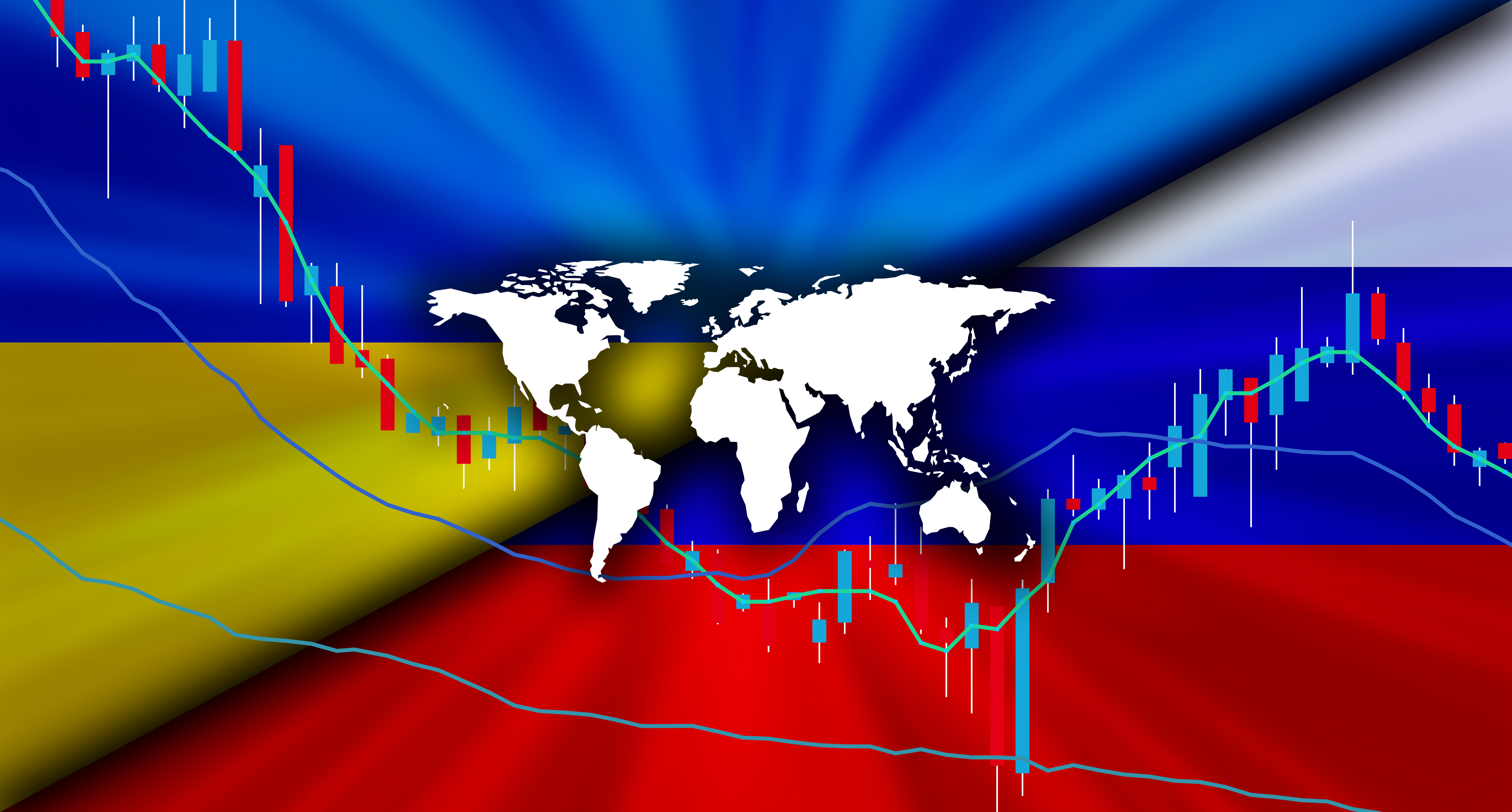
Next week marks three months since Russia invaded Ukraine. As all of us are aware, the colossal human impact of this continues to be much in evidence. So too is the war’s major disruption to the global marketplace, in terms of supply chain effects and sanctions against Russia.
As the 100-day anniversary of the war approaches, here are the five latest updates you need to know:
1) Russia instigates moves to pull out of WTO and WHO
According to Politico, the Russian government is beginning the process of pulling out of health body WHO and the World Trade Organization, with the Russian Duma’s deputy speaker, Pyotr Tolstoy, quoted as saying: “We have work to revise our international obligations; treaties that today bring no benefit, but instead directly harm our country.”
Tolstoy claims the WTO has “neglected all obligations towards our country,” and the Russian government and Federation Council will now “propose to withdraw”. A Russian withdrawal from the WTO has been on the table, but not progressed, ever since March
when Western countries chose to suspend Russia’s ‘most favoured nation’ status within the WTO.
A key principle of the WTO is that under MFN, member countries do not discriminate between each other. This means, for example, that a WTO
member country will levy the
But Tolstoy’s statement puts the move firmly on the agenda now.
2) Exporters braced for payment delays
If reduced trade wasn’t difficult enough, new research suggests European exporters are bracing themselves for either payment delays, or non-payment entirely as the Ukraine conflict and China’s lockdowns rock business stability.
Credit insurer Allianz Trade finds half of exporters in Europe now expect non-payment risks to grow, with more than 40% anticipating payment terms that will lengthen in the next six-to-12 months.
The survey research, published by Global Trade Review, also finds that the number of exporters worried about rising energy prices has risen from 37% to 56% in the last three months.
Allianz Trade has cut its forecast for worldwide GDP growth by 0.8%
to 3.3%, following Russia’s invasion of Ukraine.
3) Europe’s desire to reduce reliance on Russian energy sees UK energy exports surge
Pressure on Europe to reduce its dependency on Russia for oil and gas has seen Britain export record amounts of gas to Europe this year. Reported in The Times, price reporting agency Icis estimates that in 2022 Britain has so-far sent net exports of 4.8 billion cubic metres to Europe. This is the highest level since records began in 2012.
Meanwhile, the FT reports that even though coal is a major contributor to CO2 emissions, the EU has grudgingly green-lit increased coal production, to wean itself away from Russian gas and oil. The newspaper suggests the EU will burn around 5% more coal than it previously anticipated doing over the next five-to-ten years.
4) A food crisis is looming
The failure of Ukraine to return to pre-Russian invasion exports of grain and other basic foodstuffs could see countries face famine. This is the stark warning made by UN Secretary-General, Antonio Guterres, reported by the BBC.
By cutting off supplies of maize, wheat and cooking oil, Guterres claimed the conflict risks tipping “tens of millions of people over the edge into food insecurity followed by malnutrition, mass hunger and famine." The spectre of global food shortages could come as quickly as “the next few months,” he added.
5) Boycotts and trade sanctions are having an impact
Early indications show that sanctions against Russia are at least starting to bite, with Bloomberg UK finding the Russian economy shrank in the first quarter of 2022. Although Russia’s GDP was still up 3.5%, it was down from the 4% recorded in the previous quarter.
With the invasion taking place in late February, Q1 data was impacted less than it could have been.
But Bloomberg suggests the impact of additional sanctions on the Russian economy will be more pronounced in Q2. It claims restrictions on major Russian institutions will trigger “a deep recession in Russia, with the economy contracting as much as 10% this year.”



